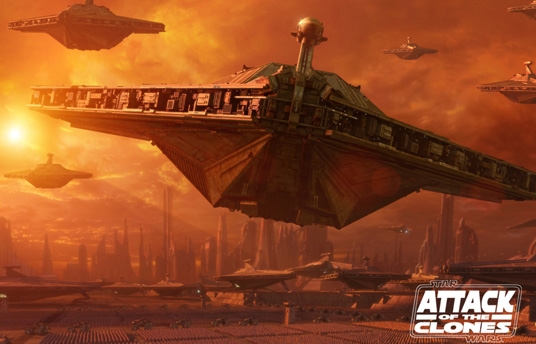Film versus Digital
Sep 19, 2012
By Reem Shaddad
Is Film dead?!
Up until several years ago, the Rocky Balboa vs. Apollo Creed match was potentially the mother of all fights. Fifteen rounds of unadulterated testosterone, raging pride and undeniable skill allowed the star opponents to flex their muscles on film. Directors are similarly flexing their (brain) muscles both on film and digital, with what has become the cinematic world’s most heated argument: is film dead? With Hollywood heavyweights like Peter Jackson, Steven Spielberg and Christopher Nolan weighing in on the matter at regular intervals, it appears this debate is still a hotwire, leading straight to the heart of the silver screen. We asked a variety of experts to give us their two cents on the digital revolution and this is what they had to say:
“Some filmmakers like Béla Tarr shifted to digital when I thought they never would. But for some this is the effect that they’re looking for, this is the feeling they want to portray and the digital camera becomes much more convenient. In ‘Microphone’ for instance, we filmed with the 7D, probably one of the first films shot with this camera in mid-2010. It was a tool that couldn’t be replaced by film…besides we didn’t know what we were filming; we didn’t have a plan or fixed deals with the artists. We needed a small camera, sensitive to low light, where we could change lenses to keep up with my artistic and aesthetic needs. I still believe in the digital camera, at least for me it suits perfectly the type of films I make. Honestly I can’t think of many cons (re shooting on digital). For what I do there’s nothing but pros. I can shoot a large amount of footage that doesn’t cost much, not like cinema at least. We can improvise more, not only with the script but also with the locations as we were following musicians (in ‘Microphone’). I couldn’t have had a cinema camera with all of the lighting equipment. In editing, the process and the costs differ.” - Ahmad Abdalla , Director, ‘Microphone’
“As we approach the final quarter of 2012, it’s already apparent that many of next year’s biggest films have been shot, and will be presented, digitally. The Hobbit, Pacific Rim, The Great Gatsby, Oz: The Great And Powerful are all championing the new technology, suggesting that more traditional auteurs like Chris Nolan and P. T. Anderson, who still use film, are nostalgic luddites rather than cutting edge filmmakers. It was probably George Lucas’ Star Wars Episode II that first made studios sit up and take notice of digital filmmaking on a blockbuster scale. Then when James Cameron’s Avatar stormed the global box office, there was no turning back. The 3D push had already forced exhibitors around the world to make the switch to digital projectors, which is in turn saving studios millions of dollars in distribution costs now that manufacturing prints is no longer necessary. In theory, this all-digital model should help low budget filmmakers and distributors reach a wider audience at a fraction of the cost, however to-date we have yet to see this cost-cutting mechanism filter down to anybody other than the major studios. In the meantime, the “luddites” are finding it harder than ever to bring their unique visions to screens while still using the “old ways”.” – James Marsh, Asian Editor at TwitchFilm.com

20th Century Fox's Star Wars: Episode II - Attack of the Clones (2002)
“There have been so many films that have benefitted from the digital era, but if I were to single out one I’d have to say Avatar. It wasn’t just 3D, though that would never have made a comeback without the extremely precise alignment that digital provides. Basically James Cameron re-invented the entire process of movie-making. He took the advances in motion-capture technology that Peter Jackson had pioneered with The Lord of the Rings and applied them to an entire movie. He streamlined the CGI production process to the point that he could stand on a soundstage with a tablet in his hands and see 9-foot-tall blue humanoids on his screen instead of humans with dots on their clothes. It was pretty amazing.” - Frank Rose, Author of ‘The Art of Immersion: How the Digital Generation Is Remaking Hollywood, Madison Avenue, and the Way We Tell Stories’
What do you think? Is film dead or is digital a short-lived cinematic love? Tweet us your thoughts!